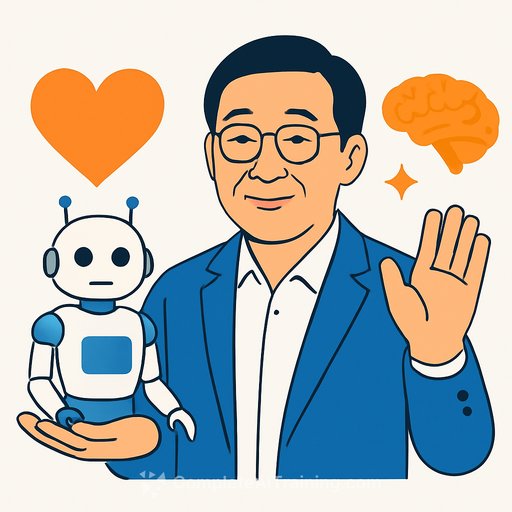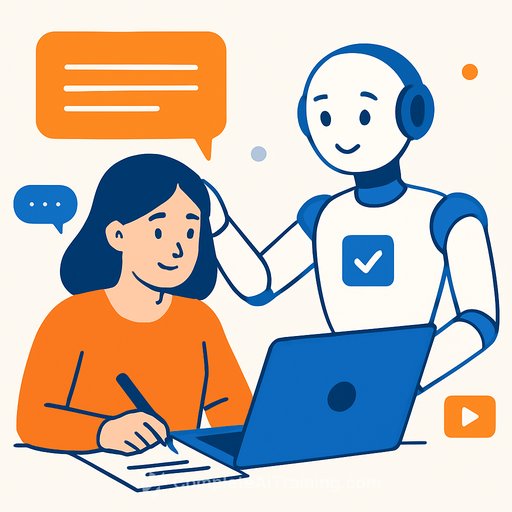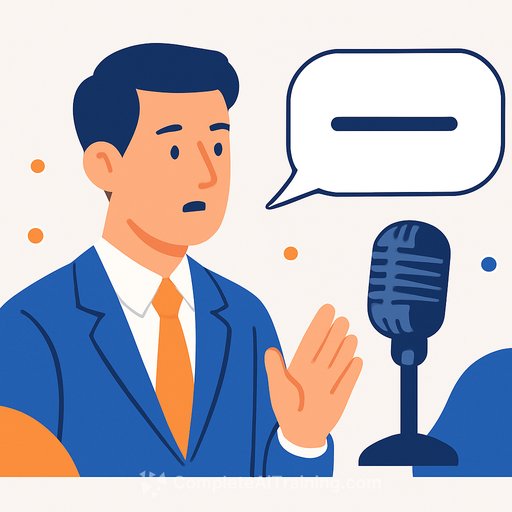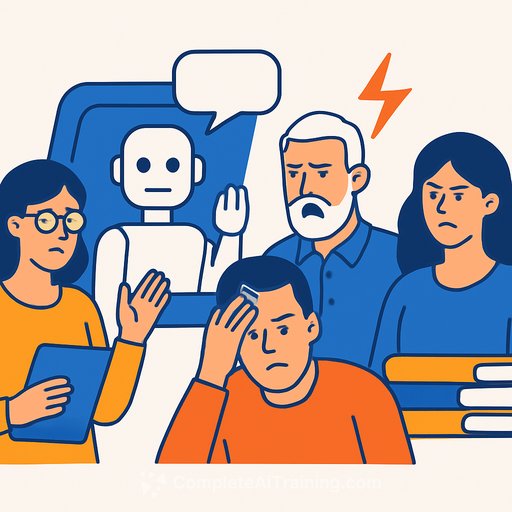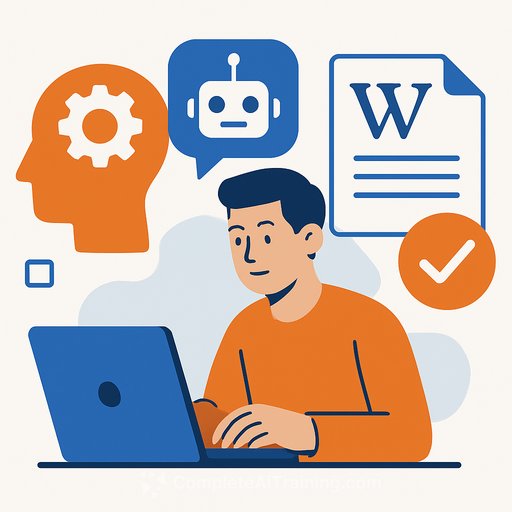Tony-winning writer says AI era still needs human values - here's what that means for writers
At a forum hosted by South Korea's foreign ministry, Park Chun-hue - co-writer and co-lyricist of the six-time Tony Award-winning musical "Maybe Happy Ending" - made a clear point: technology chases perfection, but people don't. And that difference is our edge.
He said it's not flawless systems that keep us human. It's the willingness and capacity to understand and support one another. In other words, empathy over optimization.
Why this matters
"Maybe Happy Ending" is a romance about two humanoid robots who discover love and the meaning of life. It started in Korea, moved to Broadway, and won six Tonys this year, including Best Musical. Park became the first South Korean writer to win Best Book of a Musical and Best Original Score, alongside co-writer Will Aronson.
The forum expanded into sessions on cultural creation and consumption in the AI era, with artists, technologists, and industry officials in the room. The throughline: technology can scale, but it can't substitute for human care, context, and connection.
For writers, that's the entire game. AI can draft, summarize, and iterate. Your job is to make the work feel lived-in - to prioritize choices only a human would make.
Practical takeaways for writers
- Lead with empathy, not perfection. Perfect logic reads cold. Give your characters and copy human motives, contradictions, and limits. Readers respond to truth, not polish.
- Make space for friction. Let scenes breathe. Let lines miss the mark. Tension and subtext make dialogue feel real, whether you're writing a script or sales page.
- Use AI for scaffolding, keep the soul yourself. Let tools draft structures, research, and alternates. You handle point-of-view, tone, and stakes.
- Write for one person. Clarify who you're talking to and what they're stuck on. When the reader feels seen, the words land.
- Honor the unquantifiable. Rhythm, silence, and surprise are hard to measure and crucial to keep. Preserve them in edits.
A simple workflow that respects the human core
- Brief like a director. Define intent, audience, conflict, and the emotional turn. If you use AI, prompt it with that clarity.
- Draft fast. Rough is fine. Momentum beats perfection on the first pass.
- Layer empathy. On revision, ask: Where does the reader feel understood? Where do I show care, not just facts?
- Test out loud. Read dialogue and copy aloud. If it sounds like a template, rewrite until it sounds like a person.
- Cut the sterile parts. Remove over-explaining, buzzwords, and filler. Keep the beats that create feeling and trust.
What "Maybe Happy Ending" teaches storytellers
- Humanity isn't a theme - it's a technique. Aim for choices that reveal vulnerability and connection. That's what people remember.
- Constraints help. Two robots falling in love sounds narrow. The constraint focuses attention on small, relatable moments - which scale better than spectacle.
- Recognition follows resonance. Awards don't write the work. Resonance does. Make something one person can feel deeply, and it reaches many.
If you want context on the awards themselves, see the official site of the Tony Awards. It's a reminder that craft and connection still lead the industry.
Keep your edge while you use AI
Writers who thrive now do two things well: they use tools to remove busywork, and they double down on voice, perspective, and care. That mix is hard to beat.
- Let AI handle: outlines, research aggregation, language tweaks, variant headlines.
- You handle: premise, character desire, moral weight, metaphor, and the final read for heart.
Looking to sharpen your AI workflow without losing your voice? Explore practical resources for writers here: AI tools for copywriting and AI courses by job.
Park's message is simple and useful: perfection is a trap. Your advantage is care, courage, and the ability to see another person clearly - and write to them.
Your membership also unlocks:

